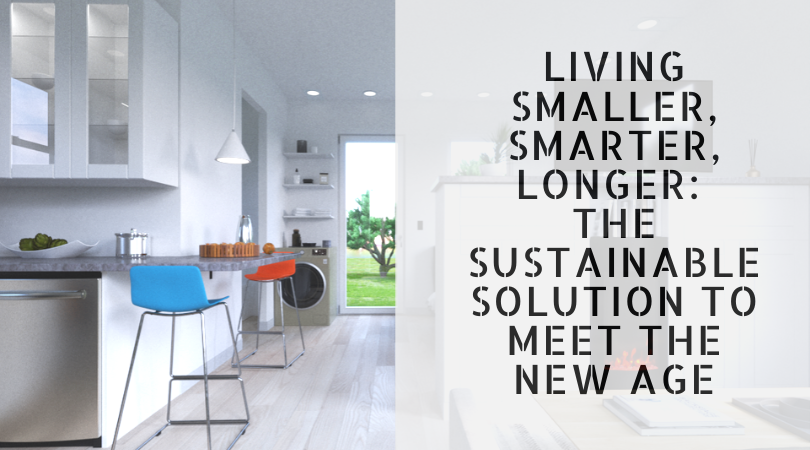
At this point in the collective COVID-19 crisis, universal ‘wins’ seem hard to come by. Take for example the widespread stay-at-home measures, during which people reduced their activity in hopes of flattening the curve. Almost immediately, the environmental benefits of reduced commuting, air travel, and city pollution were clear: bright blue skies, night scars, and a re-emergence of wildlife. But the same measures that produces (temporary) environmental benefits caused a devastating dip in the job economy, pushing many people into unemployment.
The win-win equation often works this way, with the solution to one problem creating resource leaks in other areas. A pressing example is the affordable housing crisis that’s been an overwhelming reality for Americans for the past many years. Even before the inception of the pandemic, 10.9 million renters were considered rent-burdened—spending more than 50% of their income on rent. Increasingly, the math of the average American salary has been mismatched against an inflated housing market, and more and more families are experiencing housing insecurity.
The seemingly simple solution of creating more affordable housing poses some problems upon execution. First, expansion requires the building of new city infrastructure, a costly expense that municipalities in the midst of a pandemic seem unable to shoulder. Second, urban sprawl can have devastating environmental drawbacks; increased car dependency, higher water and air pollution, loss of agricultural capacity, and so on.
The lack of affordable housing was problematic before the pandemic. Now, as more families grapple with the costs of living against a volatile market and a recovering job economy, it’s a crisis that needs solving. But solutions that sacrifice environmental conservation will not stand the test of time, and our answer to affordable living needs to be a true win-win.
The True Win-Win: Inspired Sustainable Living
Renters might recognize the term ‘accessory dwelling unit,’ or ‘ADU,’ as a part of the recent housing conversation. ADUs are modular, deployable room units that stand as independent living quarters that can be added to residential properties. Popular for a few major applications—to house elderly loved ones, to rent out for additional income, or to achieve cost-effective living—ADUs are now able to be installed on existing residential lots, providing an exciting new solution for increasing density without creating urban sprawl.
As a newer industry, ADUs come in all different shapes, sizes, and environmental awareness. But one industry newcomer is raising industry expectations across the board.
Enter Boxabl: Four Walls, Two Wins
Boxabl, a frontier construction technology company in the ADU space, has engineered the first precision factory environment capable of producing homes the way we produce cars. With patented technology, Boxabl is able to make deployable room units faster, better, and for a fraction of the cost.
Boxabl’s units are foldable—they can condense into compact form for shipment, and unfold on a lot in under an hour. This innovation makes transportation efficient, cost-effective, and less environmentally taxing than all other operations in the industry.
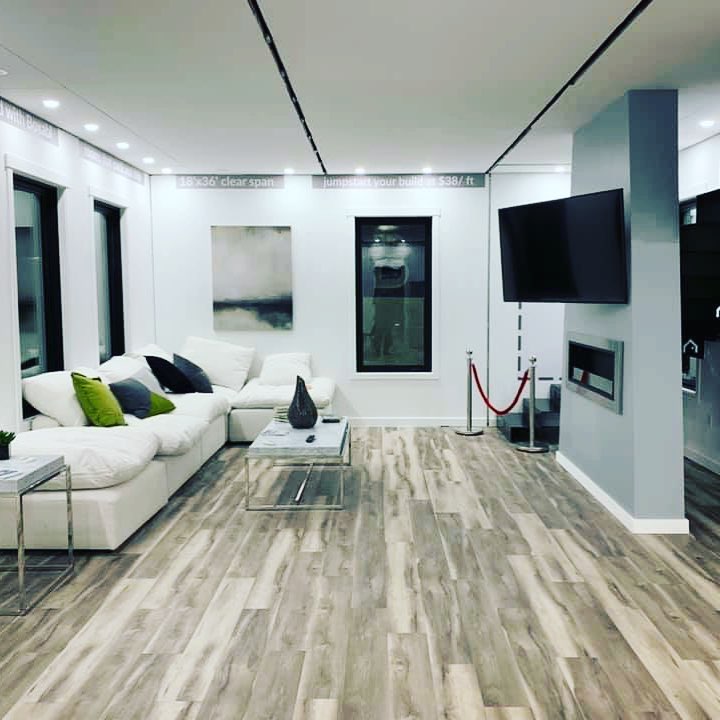
And its innovation that doesn’t come at a cost. Boxabl’s units leave nothing to be desired. Their efficient studio set up, ‘The Casita’, is a 20×20 space that flaunts 8’ windows, full-sized appliances, host-worthy common spaces, a full bath and separated sleeping quarters. Priced competitively and accessibly at $49,000, The Casita has already garnered an overwhelming consumer response.
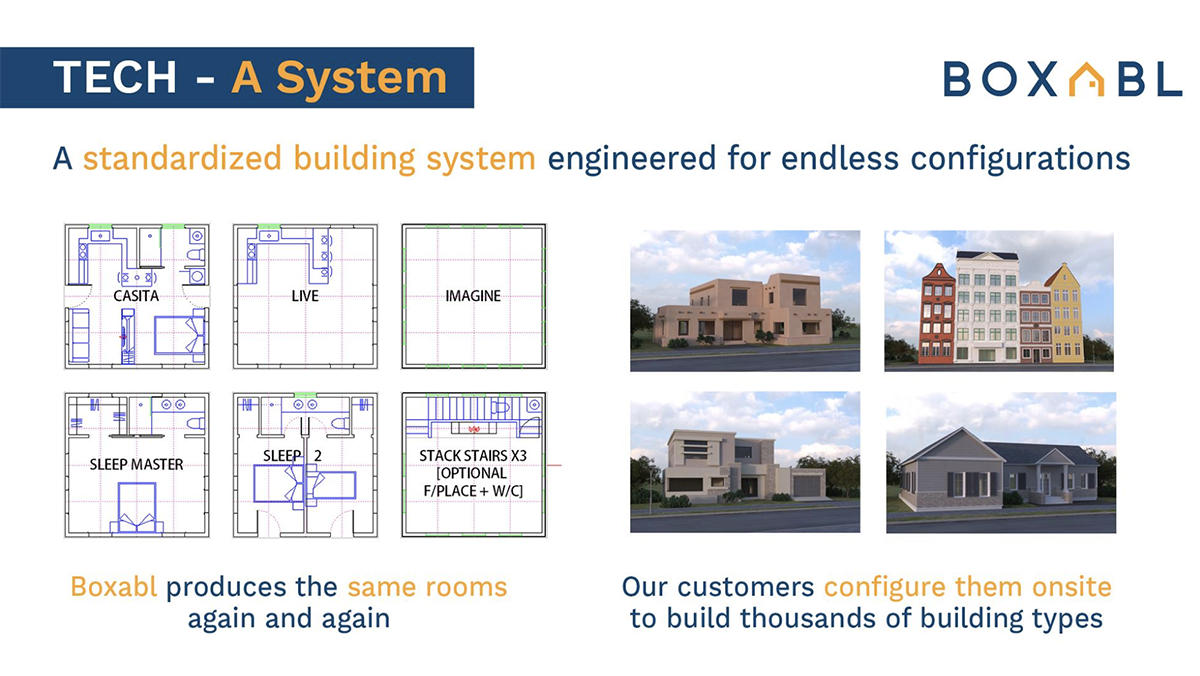
But Boxabl’s ingenuity goes many steps further. Included in The Casita’s design are multiple innovative technologies that keep the ecological footprint low. Adding to the benefits of the unit’s smaller size are thermal bridging technologies, LED lighting, and advanced insulation in the windows and floors. The result: lower energy bills, a smaller ecological footprint, a more sustainable way of life.
Preparing for Disaster
COVID-19 serves as an unfortunate but important reminder—crises happen all the time. Boxabl has taken it upon themselves to be part of the next crisis solution. Boxabl’s units are wind, water, fire, mold and bug resistant—they’re fit for any climate on the planet. And with record fast construction time, Boxes can be deployed to a community in need—whether it’s a flood, fire, or a subsequent pandemic—to provide immediate disaster relief.
Further, Boxabl’s solution means nothing will be wasted. Their modular units can be repurposed, re-stacked, and re-designed after the crisis has passed. The communities in strife can use Boxabl’s units to begin to rebuild without wasting any resources—material or economic. As a result, our collective response to natural disasters can take less of an ecological toll, a strategy which could reduce the likelihood of future disasters.
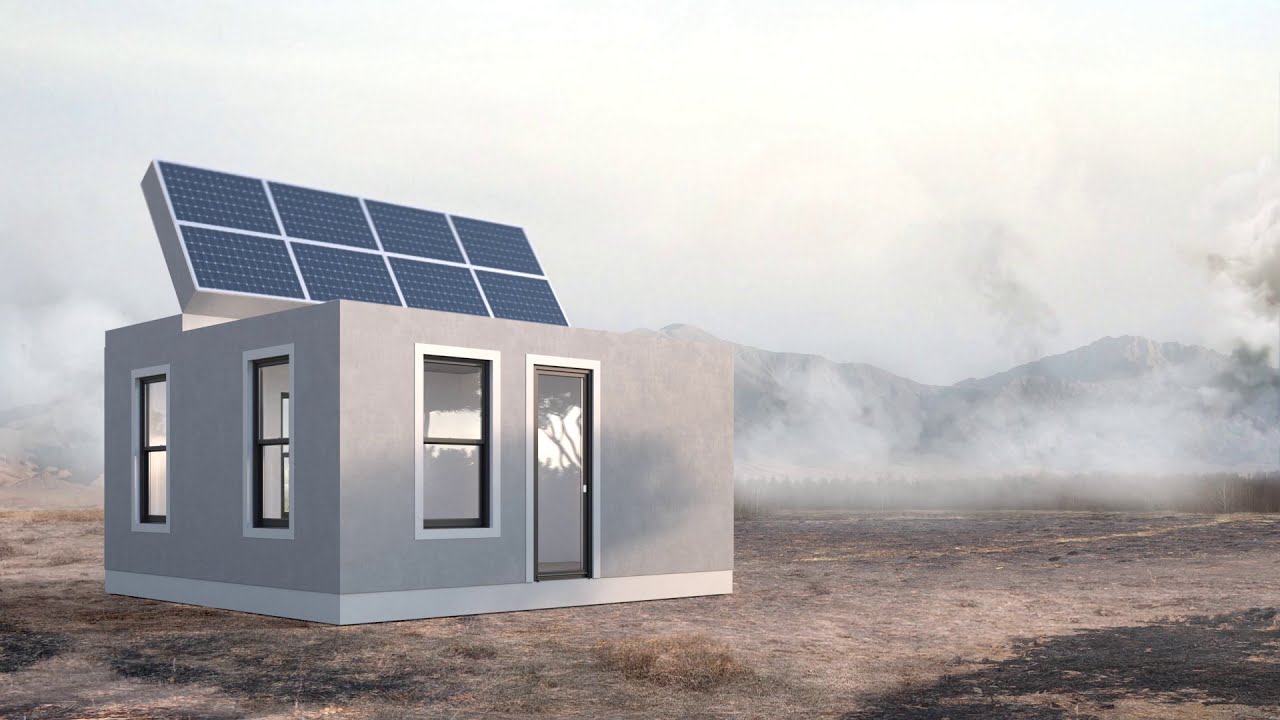
Among many things, COVID-19 has been a time to reconsider what we think is ‘normal’—our commutes, our careers, our living conditions, and the way we interact with our natural world. True win-win solutions are rare, but when it comes to accessible and sustainable living, Boxabl has found the answer. With Boxabl’s technology, we have the power to make the new normal work for everyone—and it’s likely our last second chance.
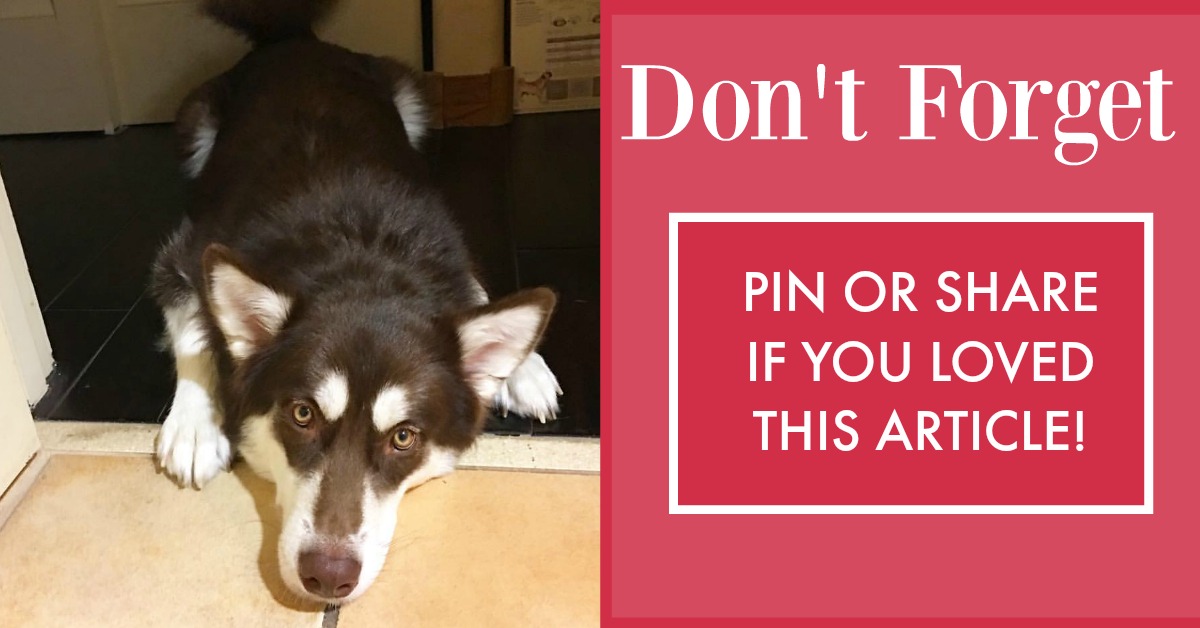
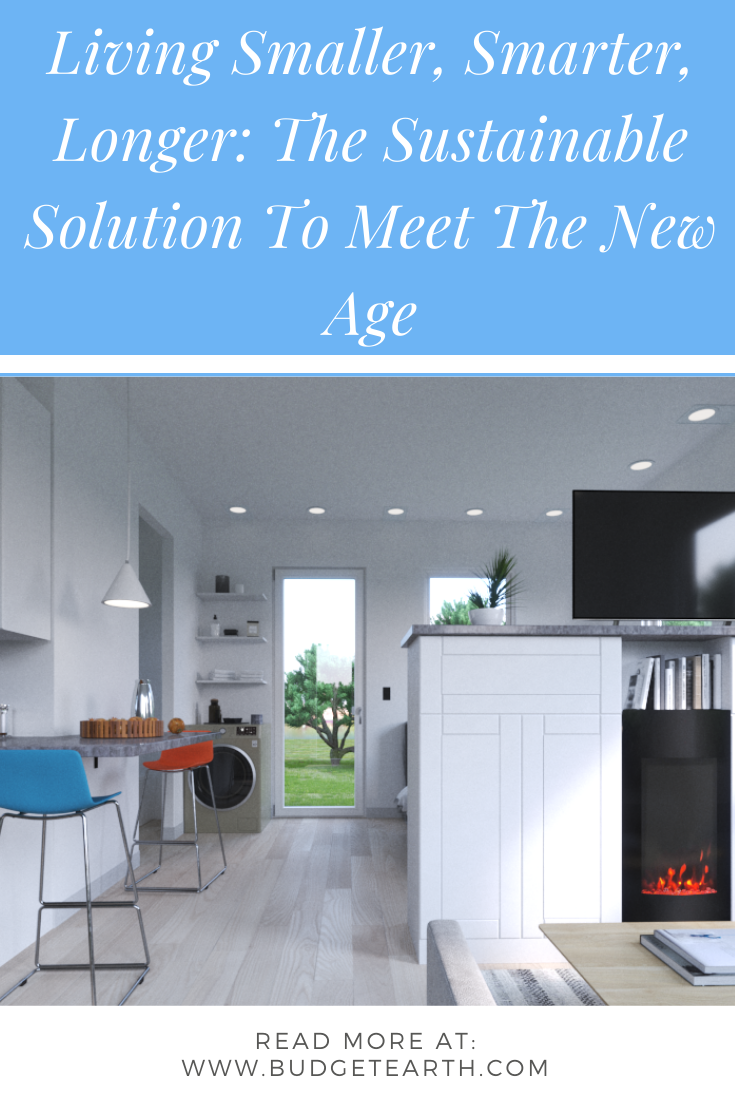
It’s great to read about this new technology for building homes. I don’t need much space.
Such awesome ideas! Crazy to think we’re already living in the future!
I really love these ideas. Really clever!